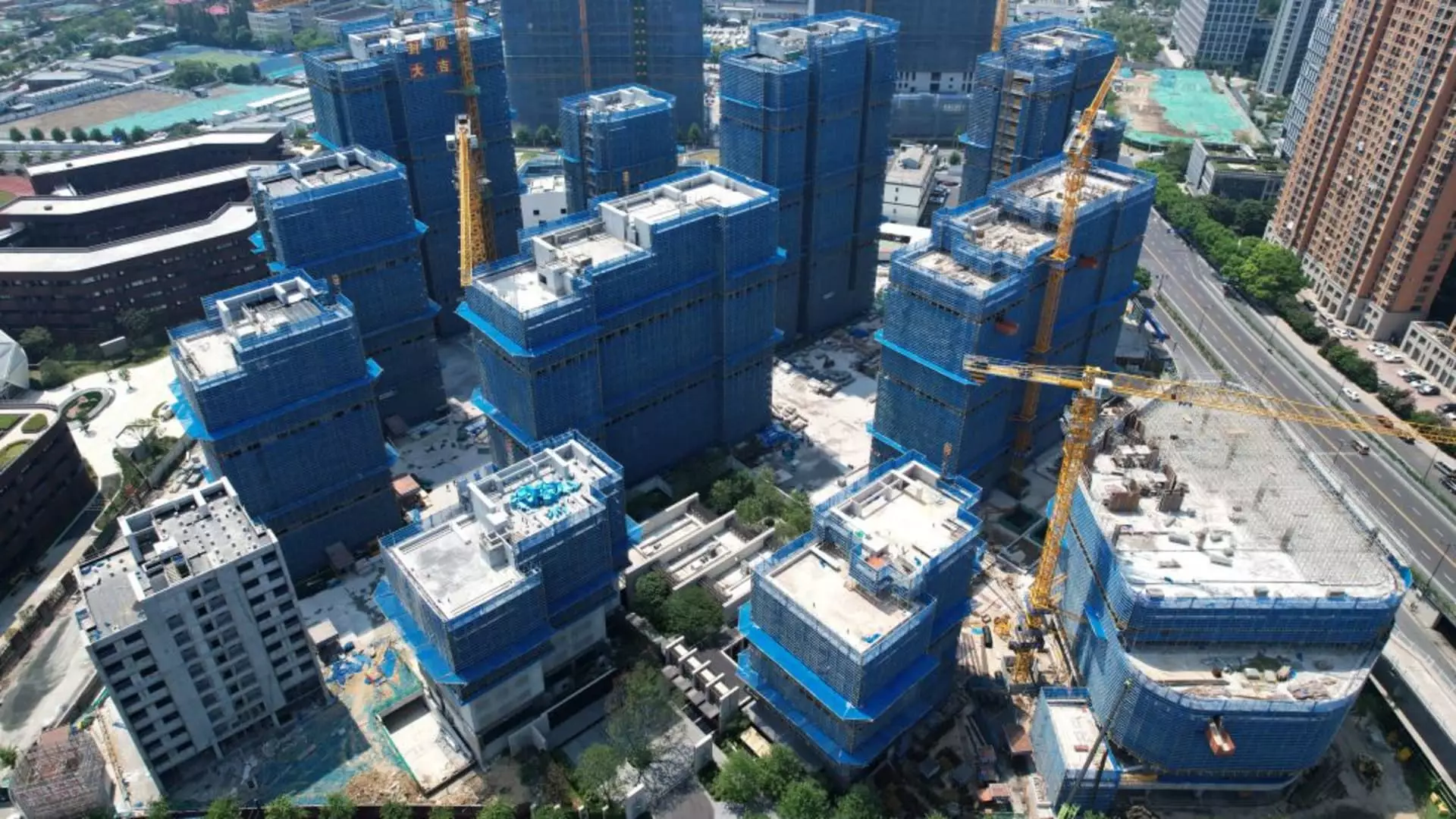One of China’s largest and most populous cities, Hangzhou, has emerged as the top-ranking city in the Milken Institute’s best performing cities China index. Known as the capital of the eastern Zhejiang province and home to tech giants like Alibaba, Hangzhou has seen significant growth in recent years. This success can be attributed to its thriving tech industry and strong performance in e-commerce, manufacturing, and finance sectors. However, not all Chinese cities have been as fortunate.
Cities like Zhuhai, once considered a “rising star,” have experienced a decline in rankings due to the ongoing slump in the real estate market. The city, located in the southern province of Guangdong, near Hong Kong, dropped 32 places in the index, highlighting the struggles faced by cities heavily reliant on the property sector. According to Perry Wong, managing director of research at the institute, the decrease in housing purchases has had a significant impact on the growth of these cities.
While some cities have suffered from the effects of the property market downturn, others have faced challenges due to geopolitical factors and U.S. sanctions. Dongguan, a city known for its factories and home to Huawei’s sprawling campus, dropped 15 places in the rankings to 199th place. The city’s economy was hit hard by U.S. sanctions, highlighting the vulnerability of Chinese cities to external pressures.
Despite the challenges faced by some Chinese cities, others have managed to climb the rankings. Shenzhen, a major tech hub, saw an increase in its ranking, landing in 9th place behind Beijing. This growth can be attributed to the resilience of the city’s tech industry and its ability to adapt to changing market conditions. However, the city is not without its challenges, as many Chinese companies based in Shenzhen and Beijing have been blacklisted by the U.S., posing a threat to the city’s economic stability.
While some cities have struggled in recent years, there are still promising opportunities for growth in the Chinese market. Cities like Zhuhai, despite their setbacks in the real estate sector, have the potential to attract service and production jobs in industries like biotech. As China continues to navigate economic challenges, cities like Hefei and Wuhan have shown resilience and growth potential. Wuhan, in particular, has seen a surge in rankings due to its efforts to keep factories running during the pandemic, while Hefei has received direct government support for technological development.
China’s economy continues to face a mix of challenges and opportunities, with different cities experiencing varying levels of growth and prosperity. While some cities have benefitted from the tech boom and economic diversification, others have struggled due to the impact of property market fluctuations and geopolitical tensions. As Chinese cities work to adapt to these challenges, it will be crucial for policymakers and investors to consider the unique strengths and weaknesses of each city to ensure sustainable growth and development in the long run.

